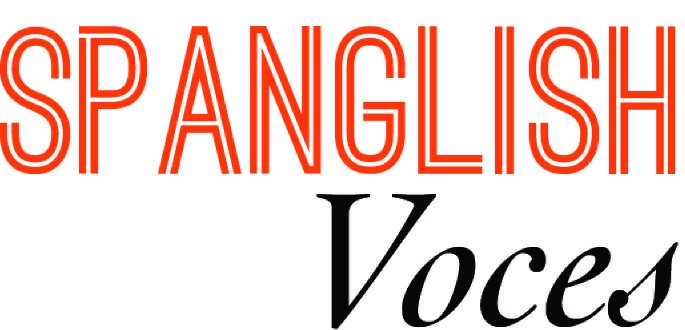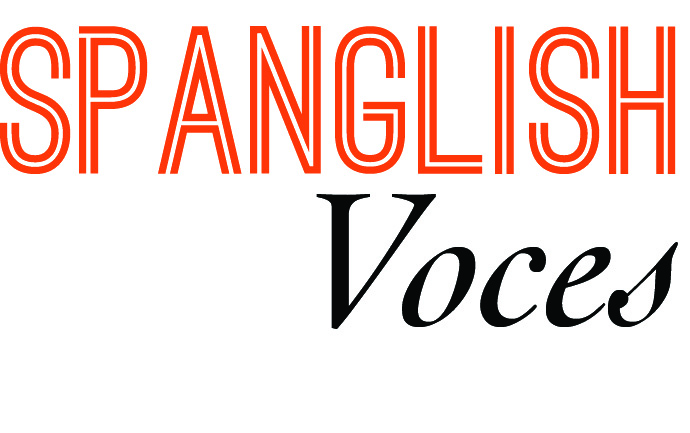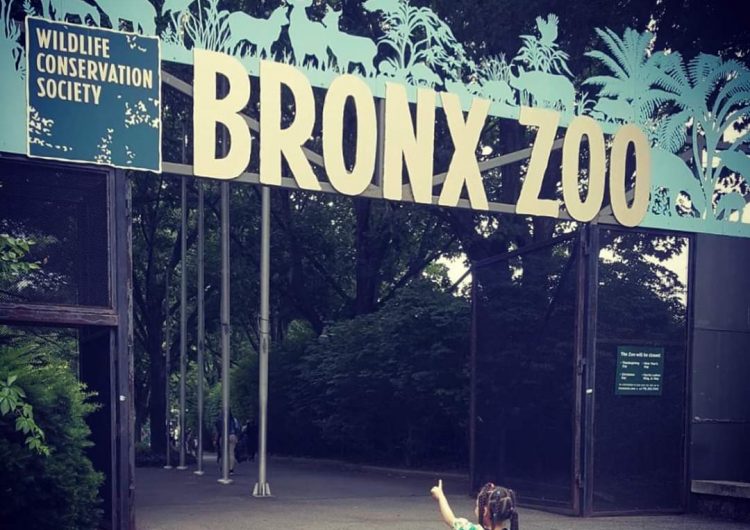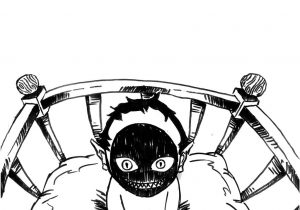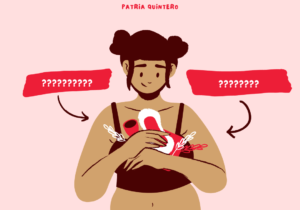A six-year-old me played a game of “stay awake” against the car window while Mom drove me and my sister to school every morning. On Wednesdays, the West Farms train staircase looked like the stairs to reach a roller coaster. People who sported camping-sized backpacks, sandals, and sunscreen that wasn’t already rubbed into their skin swarmed the neighborhood for “Free Admission Wednesdays” at the zoo. This was the only time I would see families that resembled the sitcom families I’d stay up late watching on school nights.
My elementary school was on Belmont Avenue. Every year our class went on the one trip the school budget could afford: the zoo. After school Abuela would pick me and my sister up and walk us to her house where Dad lived. Mom would pick us up after work. Routine is to a kid as important as a routine is to the working adult. A Tuesday at Abuela’s house meant waiting for Dad to bust through the door after work so we could do our run-to-Daddy show in front of whatever family was over Abuela’s house. The fabric of my uniform dress made my legs itch as Rugrats watched me. Looking out of the window until the street lights turned on and music got louder on the street.
Dragging my feet to find Wela and saying, “He’s taking forever today!”
And she would say, “Ta trabajando mija!”
So I dropped myself on the corner of his bed until the sound of the front door opening rose me. I ran to the living room for the Daddy-got-home-from-work ritual, but stopped when I saw Daddy next to a woman I had never met before.
Hearing “the Bronx Zoo is the biggest metropolitan zoo in the United States” meant the biggest in the world to me. This menial fact made life seem important. I felt lucky to be here in the Bronx with animals other than rats and roaches. I was with silverbacks, baboons, peacocks, and winged animals that could fly anywhere they wanted to but decided to let their wings flap in the Bronx.
That year my teacher placed Kaymon, the classroom bully, in my group. The teacher said Kaymon wouldn’t mess with a big guy like my Dad. I remember Kaymon’s snack being a peanut butter jar, a plastic knife, and one white piece of sliced bread which he began preparing himself before Dad bought him chicken fingers and fries from the food court. Kaymon walked around the gift shop, stopping and staring at a squishable monkey head toy. Kaymon’s tears cut through the ashiness on his face like two zigzagging rivers. I remember Dad buying him the squishy monkey head and Kaymon chewing on it with his tear-stained face. I remember how Kaymon still never talked to me, ever.
My best friend Crystal was in our group too and said she wished her parents came with her on her trips to the zoo, how she felt like crying when we lined up to get into our trip groups but she didn’t because crying was for babies. I thought about the parents smiling and waving and me jumping up and down when I saw Dad, me holding onto his hand the entire trip.
That night we met Daddy’s friend for the first time my eyes scanned on his new friend’s bright red lipstick and her big white-toothed smile. His arm hooked onto her as if he were telling me through their closeness to say hello with a hug and kiss. I went back to the bedroom to tell my sister Daddy was here with this lady. Mami told me and my sister weeks earlier we may meet a new friend of Daddy’s and when we did, to tell her. Daddy hugged us before we went downstairs as usual. Don’t tell your mother you met Daddy’s friend. I’ll tell her, OK? Kiss.
We got into the back of Mommy’s black car when she picked us up that night. Left back seat, sister and me right back seat.
“How was school, girls?”
“Good, good.”
“What did Abuela make to eat?”
“Chicken, rice.”
“Oh sounds good, girls.”
We reach a stop sign and my sister says, “We met Daddy’s friend.”
Mom made a U-turn, back in direction to the zoo. Fast. No talking. Radio off. At Wela’s house, she had us stay in the car.
“Girls, do not come out! You hear me?
“Yes, yes.”
A chunk of eternity had passed when Mom got back in the car. The cars passed the slightly open window as we sped away from Abuela’s house.
Tomorrow showed up and school was out. Teacher told me I had to go to after school and be let out later, not during regular dismissal where Abuela would be waiting with an Icee or a bag of chips. I made new friends at after school. We did homework together and played board games. Sandwiches took the place of Abuela’s island kitchen magic. Home isn’t where you spend the most time. It should be. No Wela. No Nickelodeon, no salsa blasting, no smells of Abuela’s cooking, no waiting for Dad, no screaming at seeing the waterbug having wings. No more passing the zoo.
I always knew we were almost home when we passed the zoo.
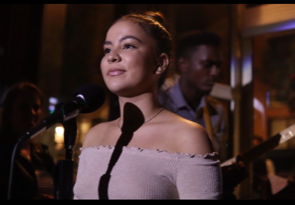 Destiny Padilla is a Puerto Rican poet, spoken word artist, and writer from the Bronx, New York. Mental health awareness, New York City, women, Latinx identity, and Millennials are driving forces behind Padilla’s work. She is currently finishing her manuscript for her first collection of poetry.
Destiny Padilla is a Puerto Rican poet, spoken word artist, and writer from the Bronx, New York. Mental health awareness, New York City, women, Latinx identity, and Millennials are driving forces behind Padilla’s work. She is currently finishing her manuscript for her first collection of poetry.
https://www.proudmillennialnyc.com/
